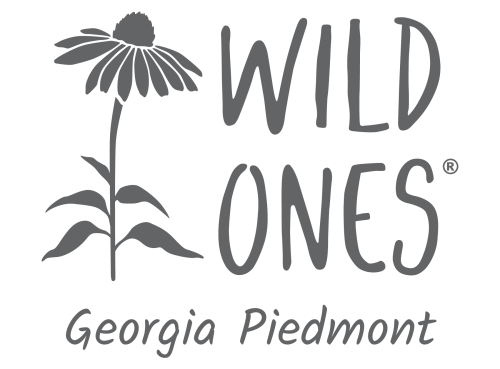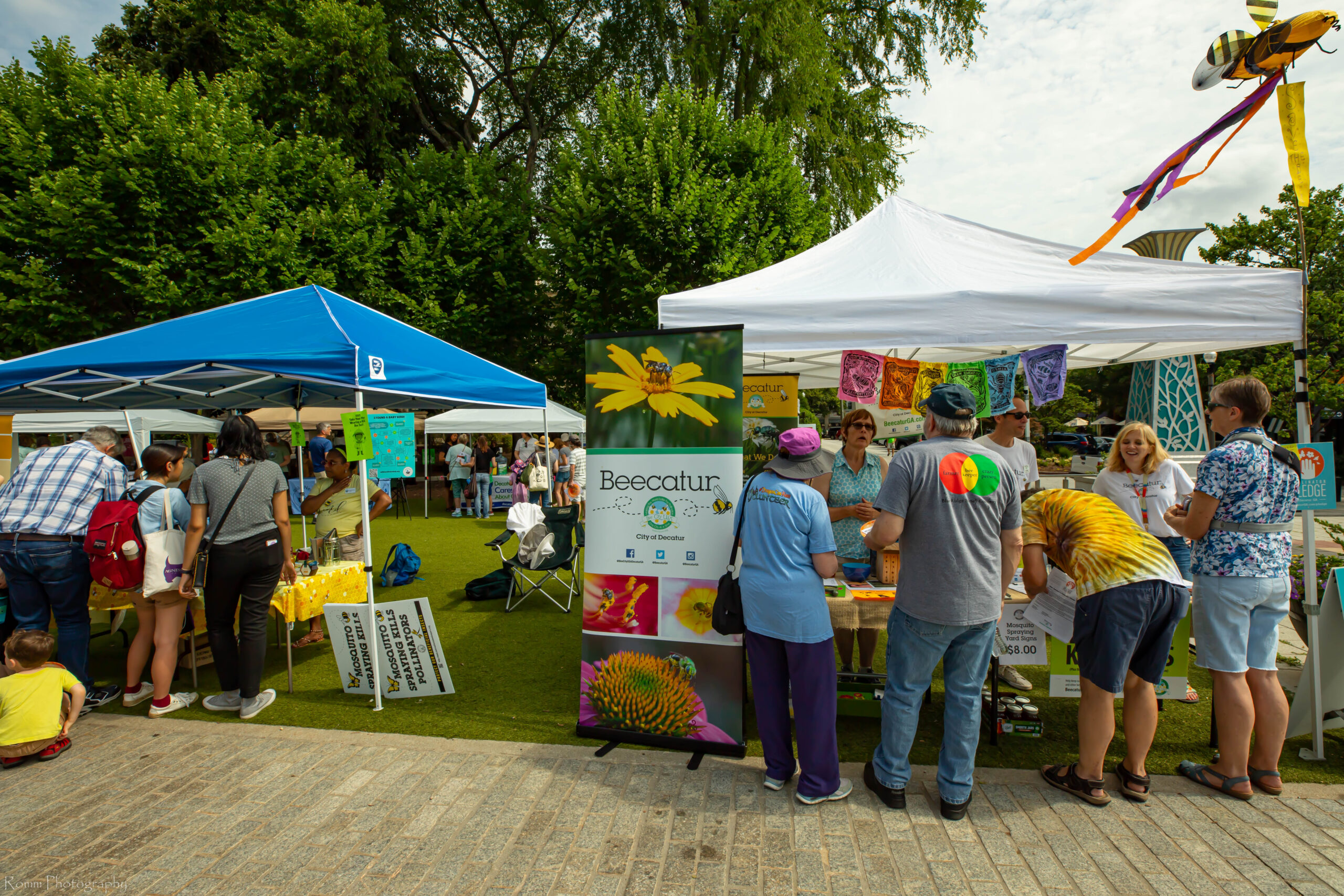
Beecatur
June 25, 2022 – Beecatur Pollinator Festival, Decatur Town Square
Our second event is in the books. We are thankful to the event organizers for allowing us to participate in Beecatur Pollinator Festival. This annual festival in Decatur focuses on pollinators, native plants, and conservation. We were able to speak with several dozen festival-goers about our organization.
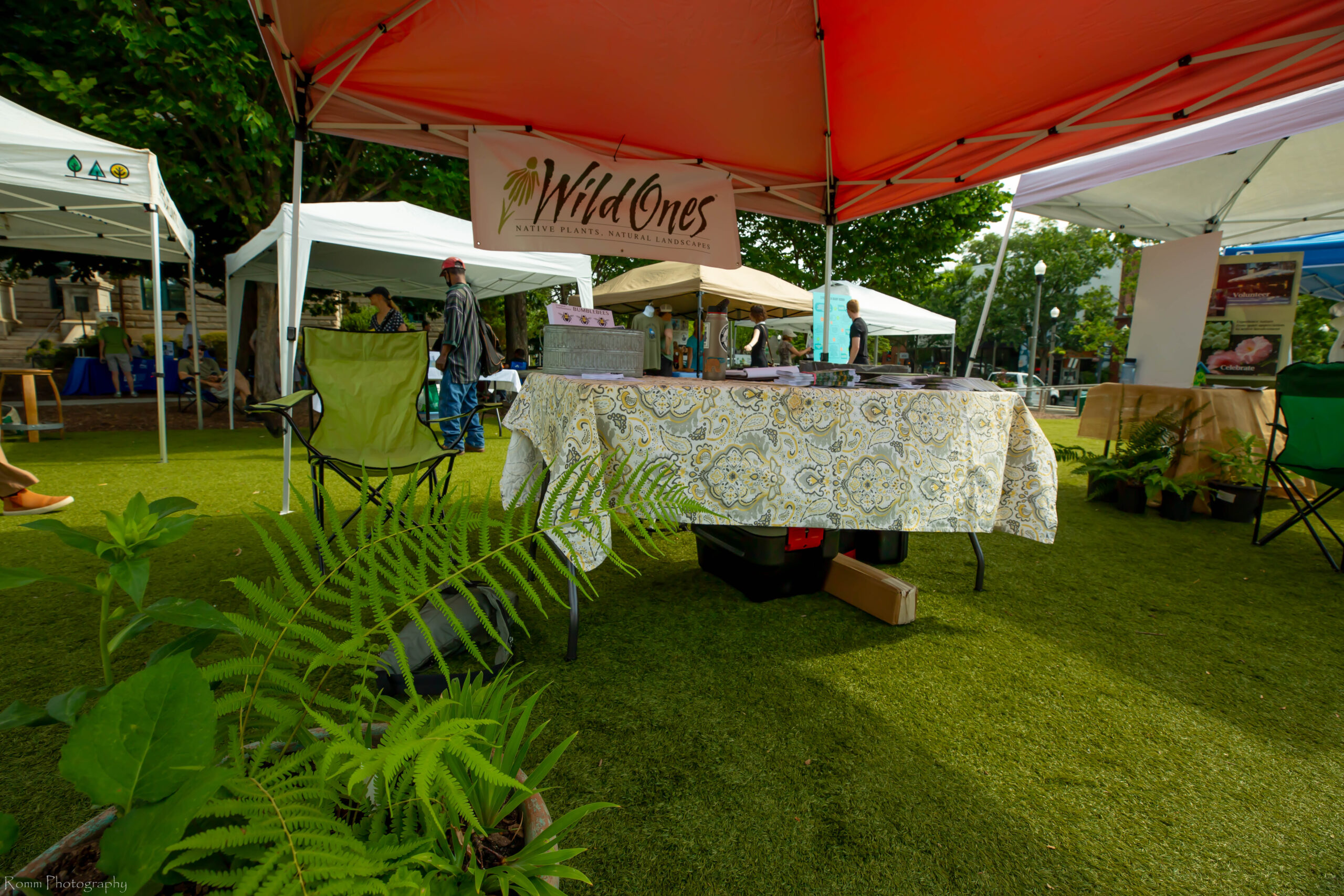
Folks from all walks of life attended Beecatur. Many were local, others traveled from as far as Florida. Some already had experience with native plants, others were new to it and excited to learn more. Many were new to the concept entirely. Being able to engage the public is an important aspect of our organization, allowing us to help further spread our message: to promote environmentally sound landscaping practices to preserve biodiversity through the preservation, restoration and establishment of native plant communities.
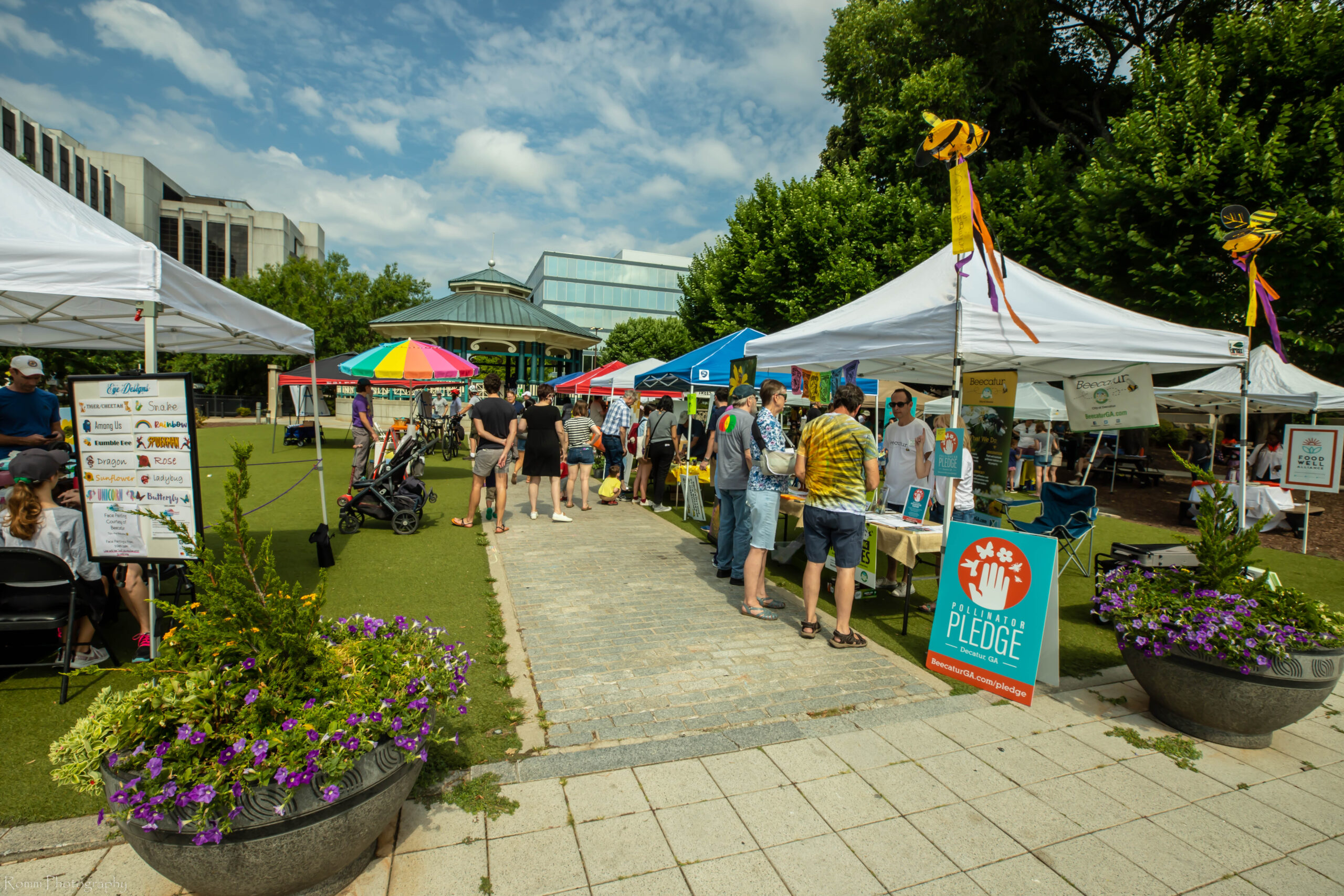
Decatur Town Square
Nestled in the heart of downtown Decatur, the town square provided an excellent venue for foot traffic. Surrounded by shops and restaurants, we were accessible to anyone visiting the surrounding area. This allowed for people from a diversity of backgrounds to talk to vendors.
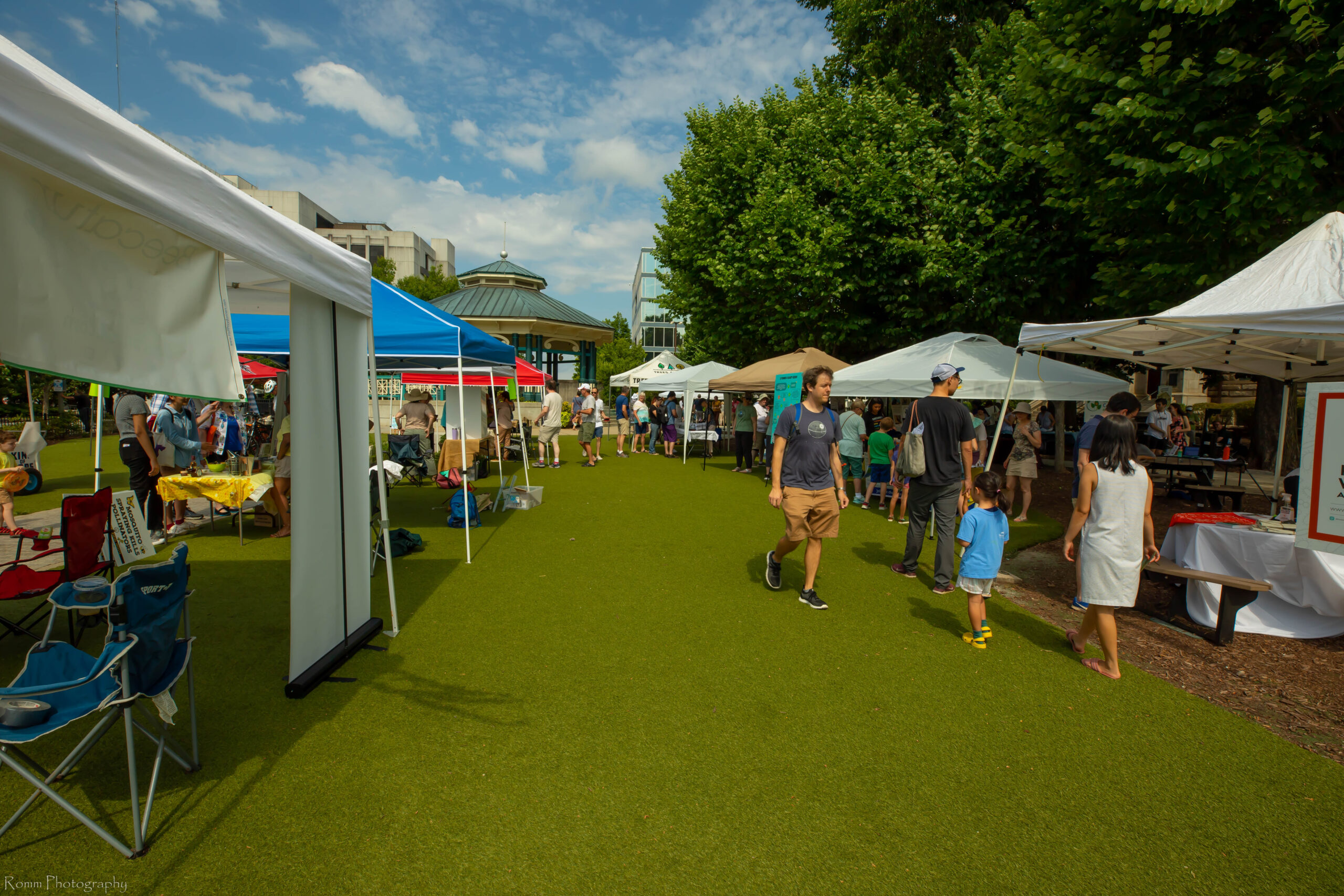
Organization Involvement
A variety of vendors were set up at Beecatur, specializing in many different aspects of conservation and environmental stewardship. Some, like Georgia Audubon, were there in support of birds. Trees Atlanta was present to talk about the importance of urban forestry and native trees. Beech Hollow, one of our business members, Cottage Garden, and Botany Yards represented local native nurseries. Monarchs Across Georgia engaged the curious public on the plight of the well-known butterfly. Other shared information on climate change, the importance of pollinators, and general stewardship. The University of Georgia Extension and Woodlands Garden were also in attendance to talk about native plants and local natural communities.
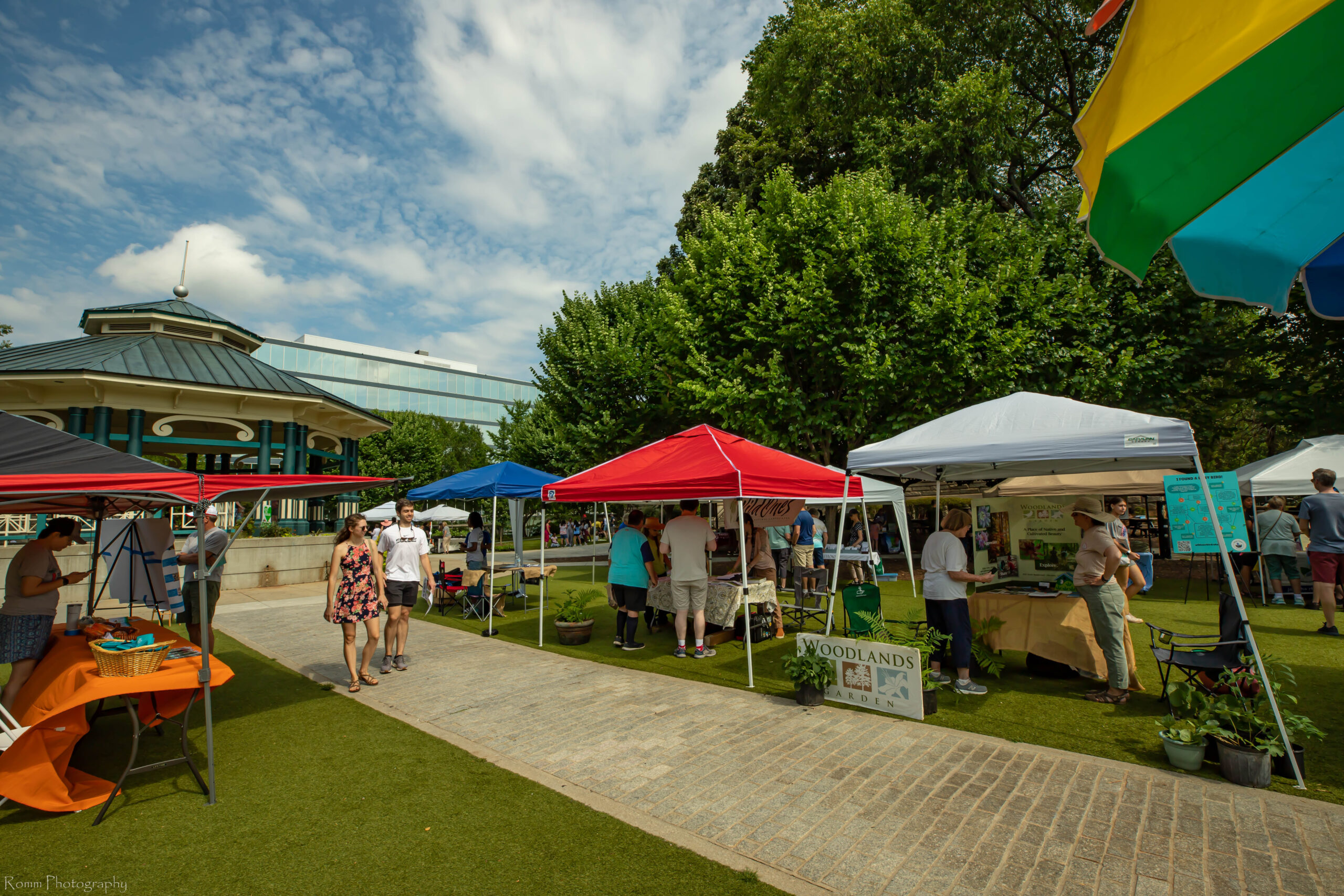
Events like Beecatur (and the recent Earth Day event at Ponce City Market) are an excellent way for organizations to engage the public. Located in public-access areas, with ample foot traffic, people are able to come and go as they please. Some just walk around to see what’s going on, but many get curious enough to stop and start asking questions. Being able to engage the public on their own terms provides a zero-pressure environment to engage individuals – no hard sales pitch needed. Interest in native plants and natural communities – and environmental stewardship in general – can be sparked by a simple conversation with a curious passerby. We are hopeful to continue to be involved in events such as this in the future.
